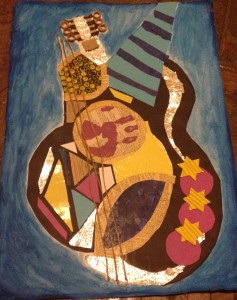While discussing yesterday’s symposium points in class we went into an in-depth talk about what a neutral technology is? One way that Stephanie used to describe it was that the technology it’s not involved or not motivated by anything. I would agree with that definition that if it was neutral it wouldn’t have any relationship or influence on us or culture. However the next question would be whether technology can be neutral and I think this is where the main debate lies.
Betty offered up the idea that there can be a sliding scale of neutrality, that perhaps some things can be more or less neutral than others. However, we continued to discuss that if it is on a scale than they have a context thus having a relationship. In turn, the neutrality would be defined by its two sides and is relative to other non-neutral technologies.
Giorgia expanded on that argument raising the issue of whether the term neutral is absolute and therefore things can’t be more neutral or less neutral. We used the exampled of Switzerland saying that if it leaned more towards say Germany than it would no longer be neutral. Initially, I agreed that neutral is absolute but the discussion began to unravel this certainty, leaving me sitting on the fence.
One more point to leave you guys on that Angus brought up. If we don’t know about it does it make it neutral? Possibly things can still influence you without you knowing about it, like an external source.
Some things to ponder over.


